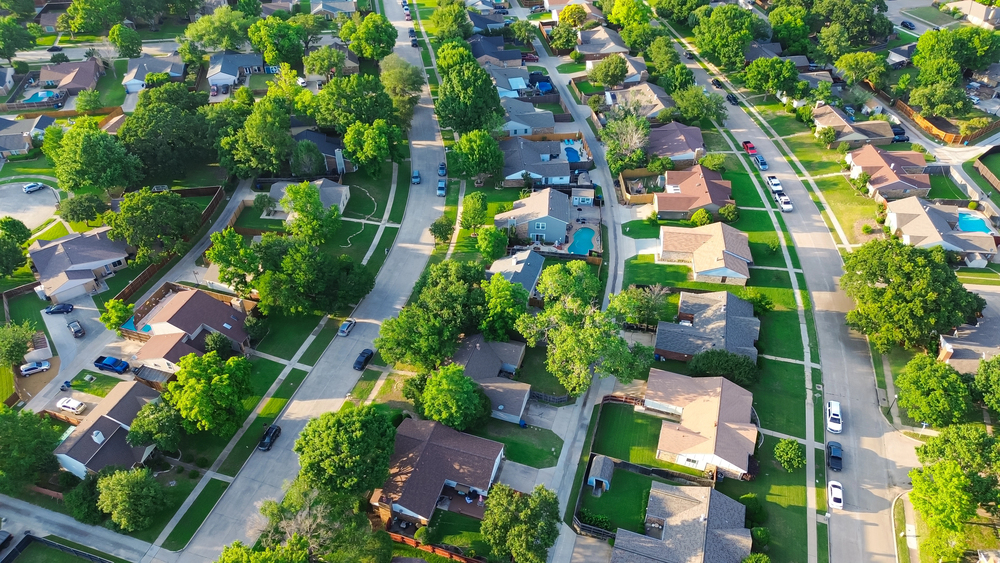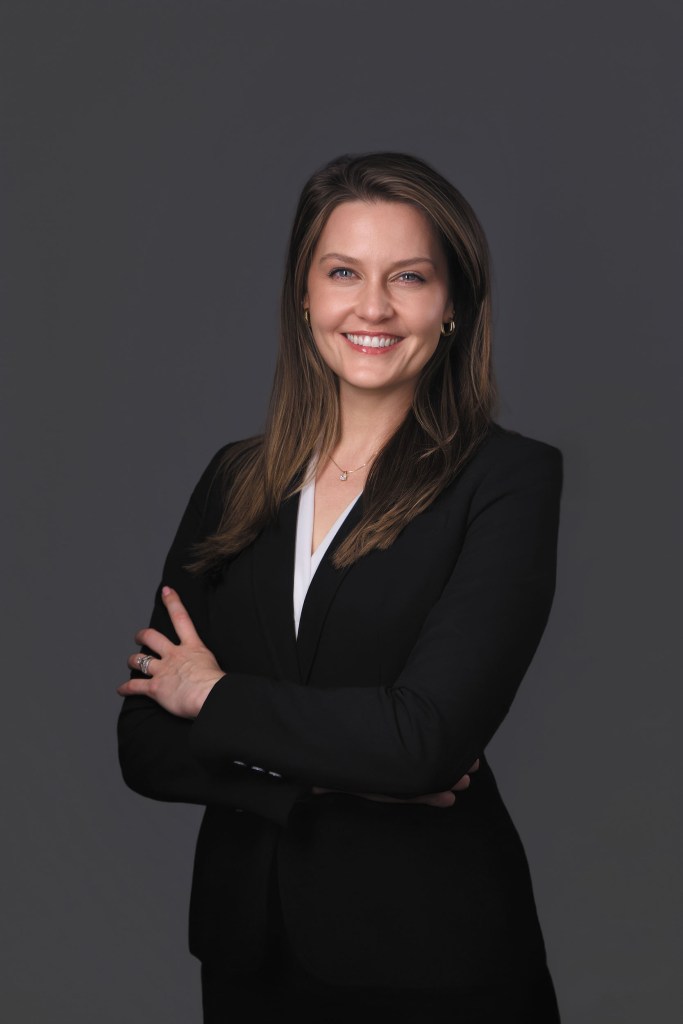Consumers Cut Coverage as Economic Anxiety Grows

By: Will Jones
Consumer confidence in the U.S. economy is sinking. Only 16% of consumers rate the current U.S. economic conditions as positive, which is an 8% decrease from last fall, according to the latest Agency Forward study from Nationwide.
Consumers say that inflation or rising living costs (59%) and the cost of rent or housing (34%) are their top financial concerns. Also among the top financial concerns is the cost of insurance, with 17% of consumers rating it among their top financial worries.
As economic anxiety increases and the hard market pushes premiums for home, auto and various other lines higher, 51% of consumers said they are looking for ways to save money on their existing insurance policies, the study found.
When asked how they are saving money on insurance, 26% are decreasing or plan to decrease coverage or limits on existing policies, 23% have or are considering switching to a new insurance agent, and 20% have already removed a policy from their coverage or plan to in the next six months.
Meanwhile, the latest quarterly “Insurance Personal Lines Trends and Perspectives Report” by TransUnion, found that nearly 15% of consumers owned or used a vehicle without valid coverage or had allowed their coverage to lapse within the past six months. Driving without coverage was more likely among higher-risk consumers, such as those with a credit-based insurance score between 300 and 500, the study found.
“Some consumers may be taking unnecessary risks by cutting back on insurance coverage,” said Beth Riczko, president of property & casualty personal lines at Nationwide, on the Agency Forward study. “Instead, consumers should explore ways to save money without compromising their coverage.”
“For instance, reducing coverage or limits may result in more significant out-of-pocket expenses in case of an accident or unexpected loss,” Riczko said. “Additionally, removing a policy entirely could leave a person vulnerable to financial ruin if a significant event occurs.”
As a result of the hard market and economic concerns, 71% of consumers have reviewed their current insurance policy or plan to in the next six months, according to Nationwide. Further, there was a 25% increase in the number of consumers who say they have reached out to an agent to assist with their insurance shopping, according to TransUnion, which found that shopping increased in homeowners and auto markets.
However, despite a strong desire to find lower premiums, fewer consumers are opting for telematics programs. According to the TransUnion report, the number of consumers who accepted a telematics offer was 12 percentage points lower than a year ago, from 65% to 53%.
The report posits a couple of possible explanations for the decrease: consumers are driving more this year as more employees return to working in the office and will no longer benefit as much; some may be nervous about the increased risk of being penalized for driving mistakes; and programs are changing, becoming more complex and often delaying discounts until after a trial period has been completed.
“Until recently, most telematics programs offered upfront discounts simply for opting in,” said Michelle Jackson, senior director of personal property and casualty insurance in TransUnion’s insurance business. “Many of these programs now require consumers to download an app that tracks their driving behavior and to keep it installed for several months before they are eligible to earn the discount.”
“Given that consumers might still see an increased rate due to their driving behavior, it seems that fewer are willing to risk an even higher premium,” she added.
In the homeowners market, high mortgage rates and home prices meant shopping activity was driven by homeowners looking for lower rates rather than coverage for a new home.
“With consumers increasingly looking to their agents for guidance on savings, right now is an ideal time for outreach,” Jackson said. “Agents can use the conversation to offer insights on how bundling policies may help lower premiums, while finding out if there have been any material changes to insured properties.”
Will Jones is IA editor-in-chief.










